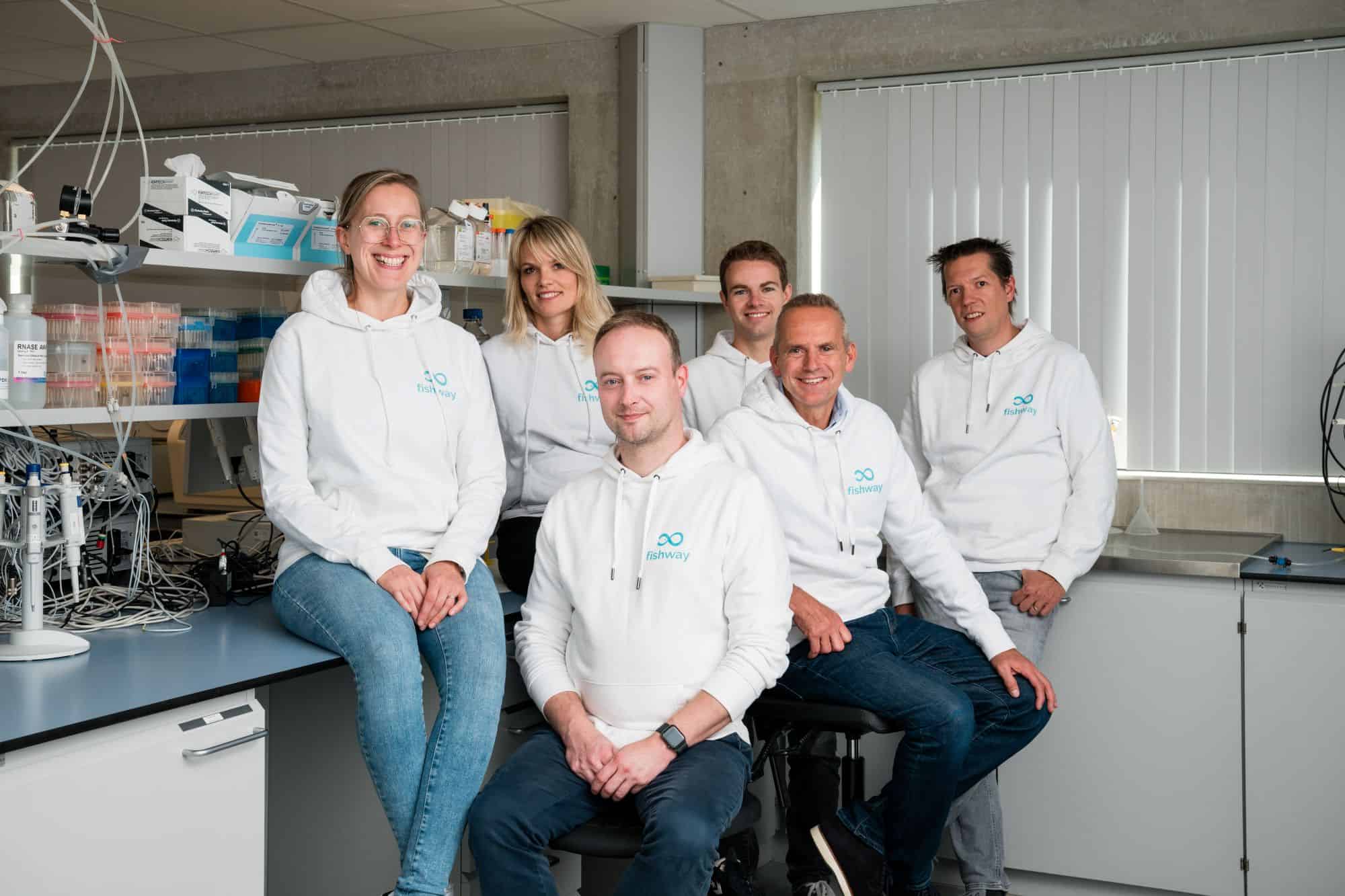Finnish-American food ingredient company Onego Bio has submitted a Generally Recognized as Safe (GRAS) notification to the U.S. Food and Drug Administration (FDA) for its animal-free ovalbumin.
Ovalbumin is the primary protein found in egg whites, and has been successfully replicated by Onego Bio through precision fermentation using the fungus Trichoderma reesei. Called Bioalbumen®, the animal-free egg protein has the same nutritional, functional, and performance properties as ovalbumin, with the potential to address supply chain issues in the global egg market.
Bioalbumen is claimed to be the first non-animal egg protein with an amino acid sequence identical to the natural protein. It can be used as a drop-in solution across a range of applications, including baked goods, confectionery, pasta, and ready-made meals.
The environmental impact of Bioalbumen is reportedly far lower than that of conventional eggs, reducing greenhouse gas emissions by 89%, land use by 95%, and water consumption by 87%. The ingredient also guards against the threat of avian flu on food security and public health.

Building a more resilient supply chain
The news comes just a month after Onego Bio opened its 5,000-square-foot commercial headquarters in San Diego, California. The facility includes office space, advanced laboratory capabilities, and a test kitchen designed to demonstrate the functional applications of Bioalbumen.
In July, Onego Bio secured $15.2 million in funding from the European Innovation Council (EIC) Accelerator Program and other Series A investors. This took the total amount raised by the company to $70.8 million. At the time, Onego said it was focusing on commercializing Bioalbumen in North America, since the regulatory landscape should allow for faster market entry.
“Our GRAS filing marks a significant milestone for Onego Bio, reinforcing our commitment to building a more resilient supply chain and sustainable food system,” said Maija Itkonen, CEO of Onego Bio. “By supplementing traditional agricultural inputs, we can help alleviate future supply chain risks and price fluctuations and provide significant benefits to human health and safety and the environment.”




